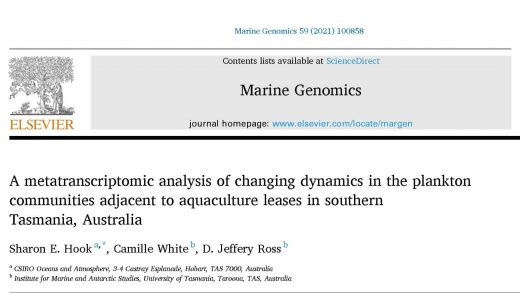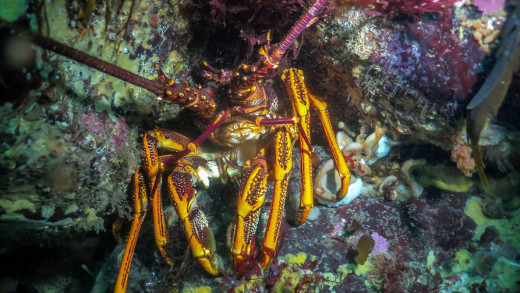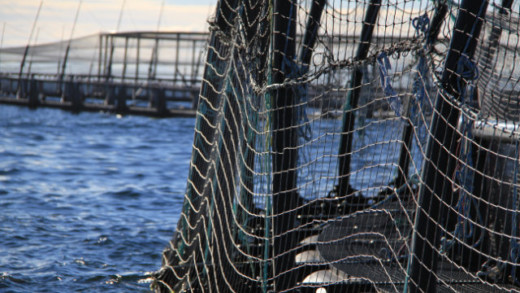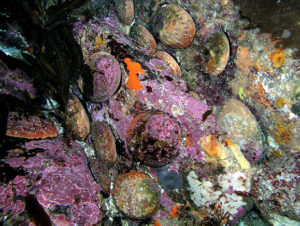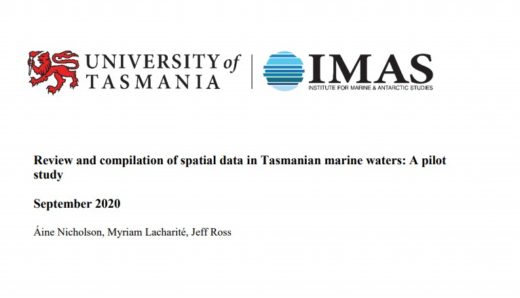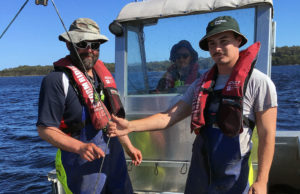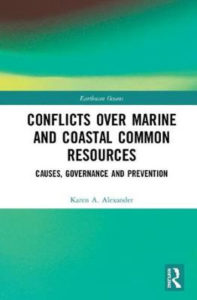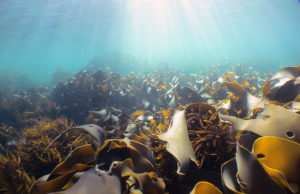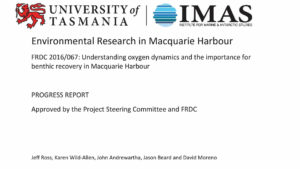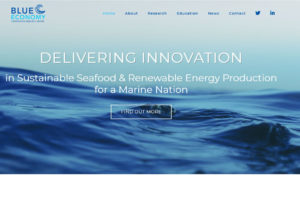New book on Conflicts over Marine and Coastal Common Resources
22nd May 2020
Despite the emergence of various marine and coastal governance approaches to address the effects of human activities within the marine environment, conflict continues. In this book, the author outlines the reasons conflicts can, and do, arise in the marine and coastal environment. Drawing on case studies from both the northern and southern hemispheres, the book […]
read more